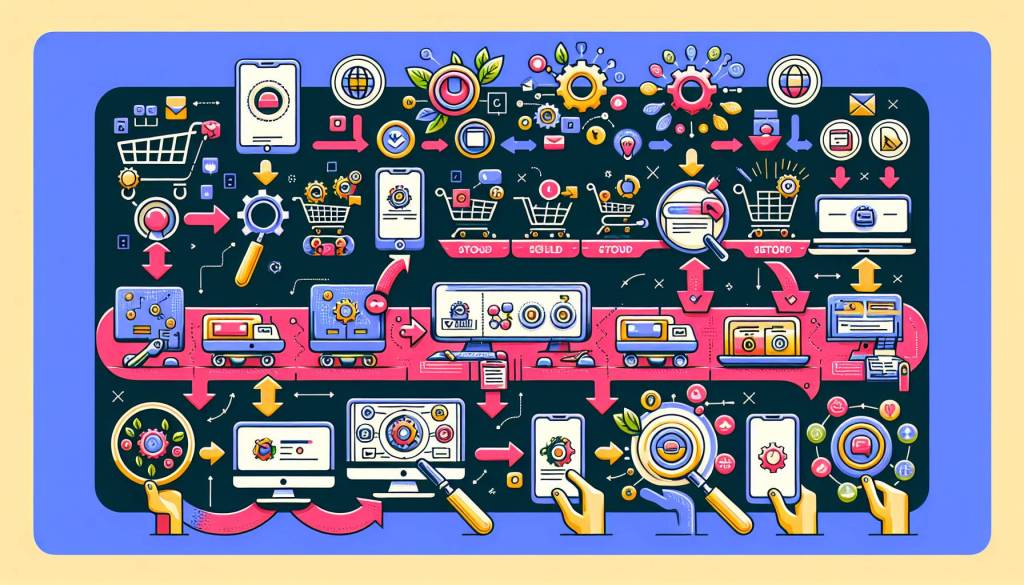The term ‘information gain,’ a concept widely used in machine learning, Google Patent, and information foraging theory, refers to diverse meanings in different contexts. In its essence, it can refer to both a statistical property used in machine learning or a method of ranking search results in Google Patent. Moreover, ‘information gain’ has also been used to analyze individual behaviors in seeking and using information, as per information foraging theory.
Within machine learning, information gain guides decision trees and differs from how it functions in SEO as per Google patent. SEO – a practice strongly connected with Google patent and mainly focuses on the relevancy and accuracy of search results. This sharp contrast in the applications of ‘information gain’ extends to significantly benefit fields like machine learning and internet marketing.
Introduced in 2022, Google’s patent leverages ‘information gain’ to gauge content originality, while focusing on enhancing data authenticity on the internet. The aim is to combat plagiarized and copied content, thus preserving the integrity of online data. This innovative solution scrutinizes every piece of content for its uniqueness before publication, promising an improved future for online information quality and reliability.
The information foraging theory, detailed in a book by Peter Pirolli, likens the quest for information to a survival instinct. Just as animals pursue sustenance, humans pursue useful information.
Information gain’s multifaceted role in machine learning and SEO
People employ intuitive clues to locate and leverage information, much like animals hunting for food. Users evaluate the value of information based on its relevance and satisfaction. High-value information is often sought after, much like abundant food sources.
Google implementing the information foraging theory aids user decision-making amidst information overload, using AI-generated search responses. Users can efficiently locate the information they need without navigating through extensive website content. This Google’s approach translates to saved effort and time, promoting a streamlined online experience.
If SEO professionals embrace Google’s approach, it could result in a strategic shift towards optimizing for AI rather than just for Google. By focusing on the uniqueness and relevance of content, SEO professionals can interpret and deliver content that AI can understand and cater to end users with. Additionally, an accentuated importance will be given to robust and engaging content, suitable for platforms like voice search and mobile use. Consequently, businesses can maintain their visibility and ranking on Google’s search engine, albeit with a refined perspective on content optimization.













